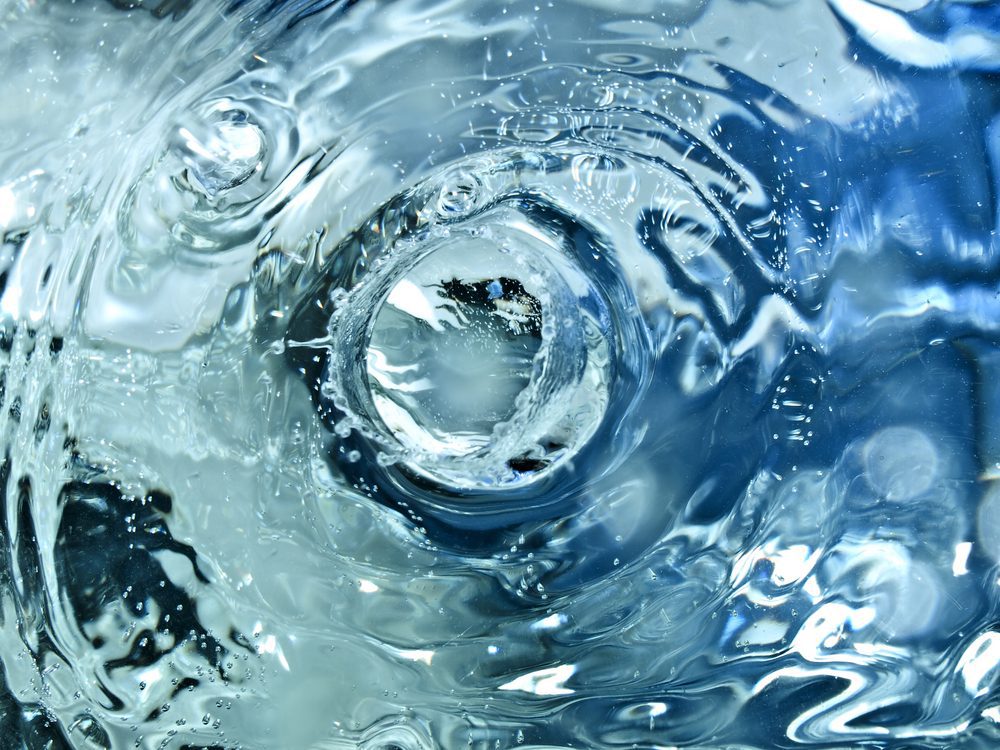
5 Reasons Why You Have Cloudy Pool Water after Shock (and How to Fix It)

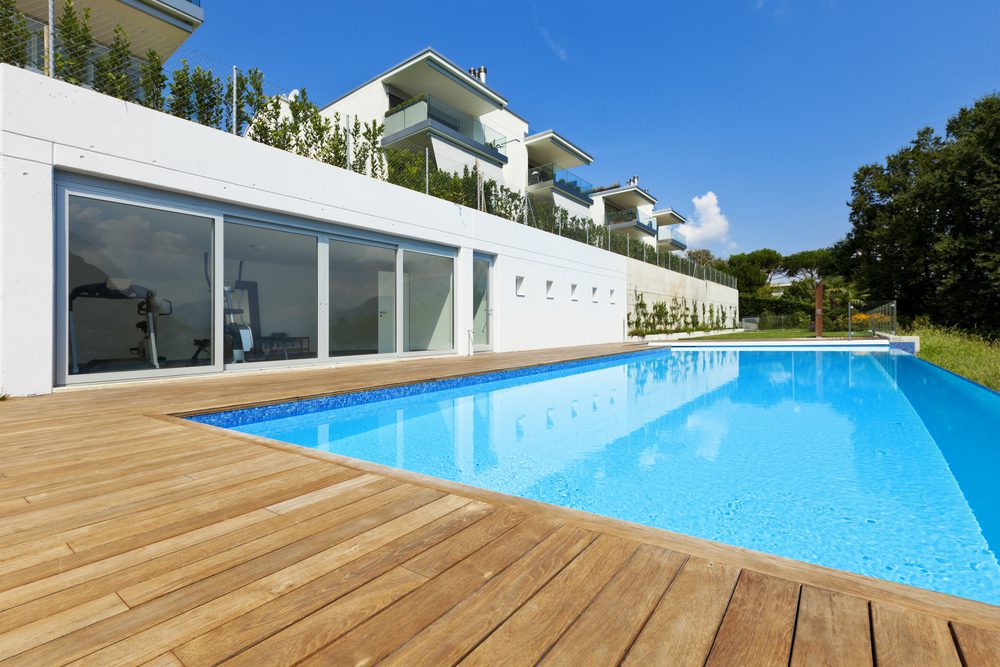
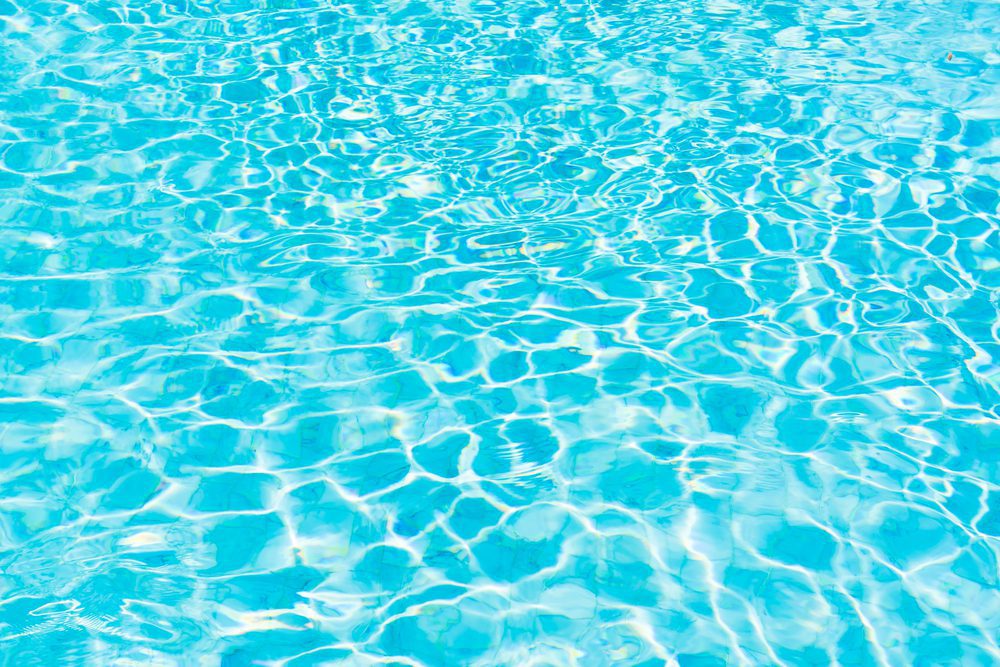
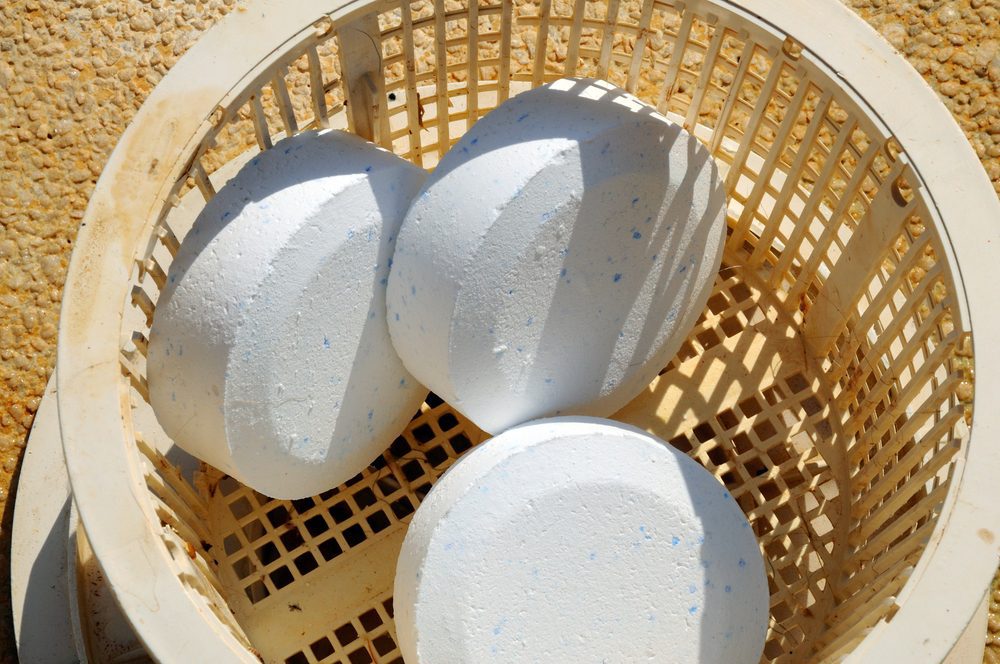
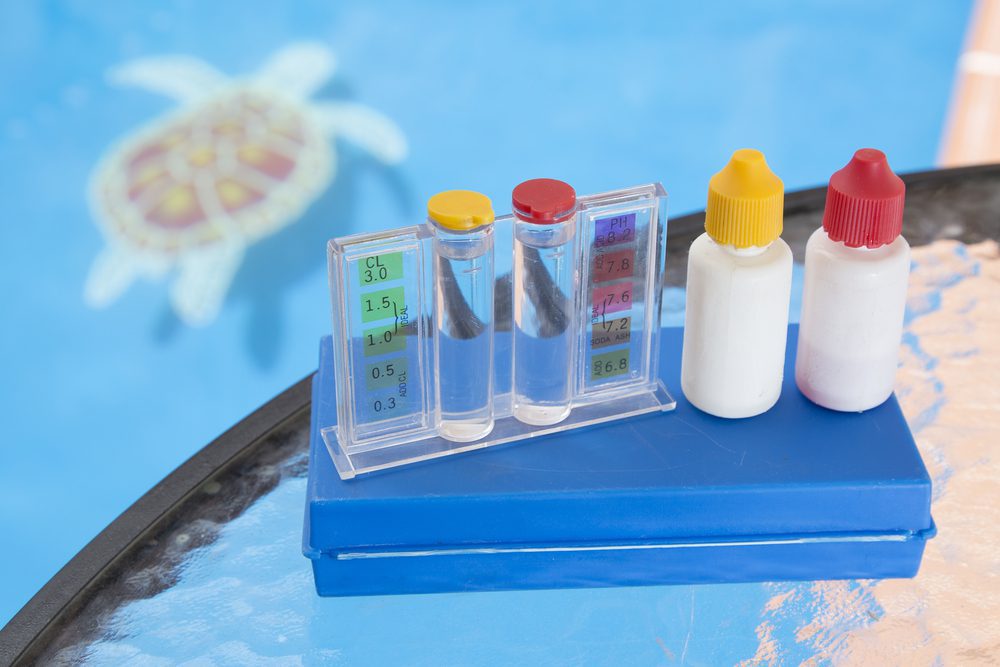
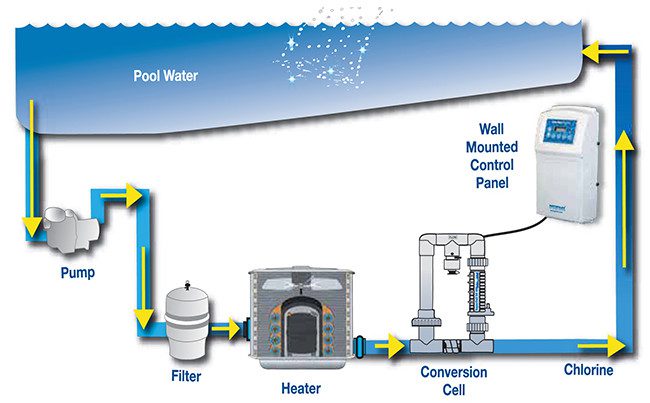
First lets start off with what is a Salt Water Chlorine Generator. Salt systems convert dissolved salt into just the right amount of chlorine that your pool needs resulting in cleaner and softer water for your pool. You get the same sanitization performance as manual chlorine addition. Pool owners can agree that keeping up on your pool's chlorine can be a hassle when you have to store, handle, and manually add the chemicals to your pool over and over again. Good news is that there are some innovations like a Salt Water Chlorine Generator, also called a Salt Water Chlorinator, that can help maintain your pool for you.
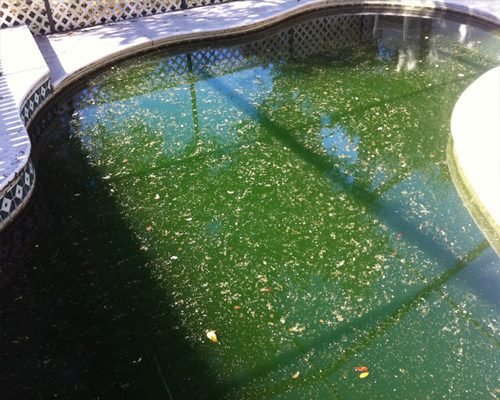
It is recommended that you shock your swimming pool 1-2 times per month. However, this really depends on the amount of time your swimming pool is being used and how many swimmers have used your swimming pool.
For example, if you only use your swimming pool 1-2 times per week, your normal chlorine should keep enough bacteria fighting agents in the water. However, if you just had your child's soccer team over for a pool party, you might want to dump some shock in the pool shortly after they leave. Shock will help keep your swimming pool clean and clear.
There are two easy signs to look for before shocking your swimming pool.
If you pool is starting to turn green, you need to shock it. It is also recommended that any time you see any green algae on your swimming pool walls you should give your pool a good brush and then add some shock. Before is becomes too late add shock and brush your pool to contain the algae and get your swimming pool back into swimming shape.
You should be checking your chemical levels every week. I know that this can be a daunting task, so bring us a sample of your swimming pool water and we will do it for you. If your chlorine levels get below the recommended levels, add shock to get your chemicals in check before is is too late.
Okay, the soccer team is gone and you know you are going to shock the swimming pool. Wait until the sun goes down and turn your pool pump on to circulate the water. We want to eliminate the amount of evaporation the sun causes and most of us run our pool pumps at night. So before you hit your bed, dump your shock into the pool and let your pump do the hard work. When you wake up in the morning your swimming pool will be nice and clean.
